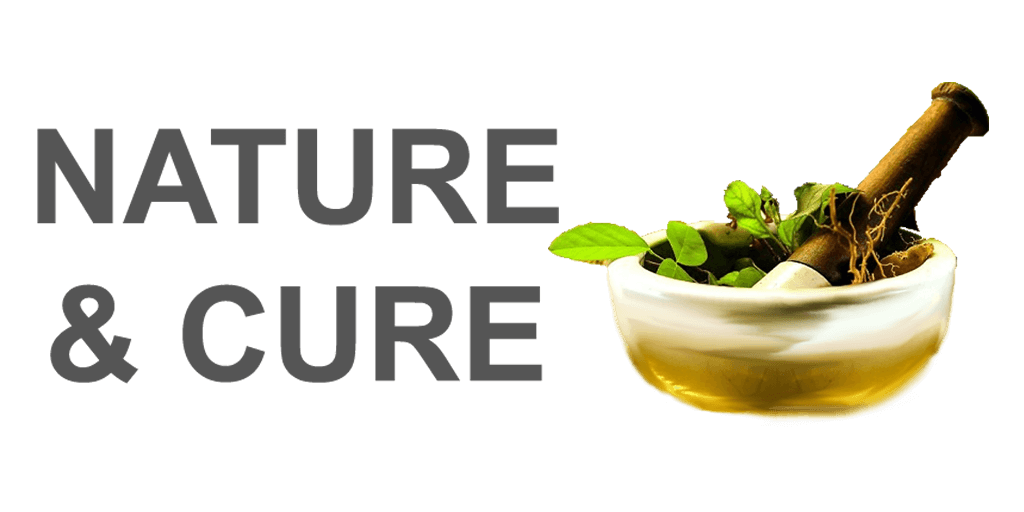
Health professionals are continuously talking about the trending “superfoods” to help keep you strong and fit during these difficult times. We all know about COVID-19, and there is no cure to it except taking vaccination and following the guidelines to stay safe. In this post, we will discuss Ayurveda foods and practices beneficial to your health and well-being. Blueberries, salmon, leafy greens are a few nutrient-rich foods that are best for you. But we will talk about many such superfoods that have been a part of the Indian diet for centuries and are highly beneficial.
Ayurveda is one of the ancient healthcare systems developed more than 3,000 years ago in India, that works intending to promote good health. Intake of the right food helps detox your body and rejuvenate it. Further, helping you boost immunity, improve physical and mental strength, and help resolve digestion problems.
Check out some of the Ayurvedic Superfoods that one must add to their diet.
Brahmi is a staple plant in traditional Ayurvedic medicine. Few out of its many health benefits are listed below:
Tulsi is an aromatic, sacred plant in Hindu belief and is well known for its broad-spectrum health-supporting properties. Let’s count down on a few of its health benefits:
Ghee is a class of clarified butter that is commonly used in the cuisine of the Indian subcontinent. Rich in proteins, iron, sodium, calcium, vitamin A, D, E, and omega fatty acids, ghee is considered to be a superfood. Mentioned below are some of its health benefits:
Turmeric is a vibrant orange-yellow spice used to color curries. In fact, it has been dated back as medicine, a condiment, and in flavoring foods. Also, it’s known for many scientifically proven health benefits a few of which have been mentioned here:
Amla or the Indian gooseberry can be eaten in the form of murabba, candy or can be consumed in simple powder form. It is not just unique and delicious but also highly nutritious and associated with a variety of health benefits:
Ashwagandha, also known as Indian Ginseng is a medicinal plant that has been part of Ayurveda for past many years. Basically, it acts as a stress manager for the body and is thus termed as an adaptogen but it has many more scientifically proven health benefits in store for the body as well as the brain. So let’s catch them up:
Ginger is widely used in our kitchen as a spice and flavoring and indeed holds a specific place in Ayurveda. Loaded with antioxidants that help counter stress and also damage to the body’s DNA, let’s discuss the abundant medicinal benefits of ginger right now:
Learn some more interesting facts about Ginger.
Subscribe to our newsletters for more nutritional advice, natural home remedies for various health problems, or booking online naturopathy counseling sessions.
People are constantly complaining about bad air quality in different regions of India. With the…
UNICEF, the World Health Organization (WHO), and partners have been working on the growing concerns…
We have already talked about mud therapy's benefits in constipation, skin health, and weight management.…
The National Library of Medicine has labeled Vitamin D as a "sunshine vitamin" as it…
Constipation is emerging as a common health problem affecting millions of people. The reason behind…
Naturopathy and nutritional medicine are frequently associated in the context of holistic health. They both…
